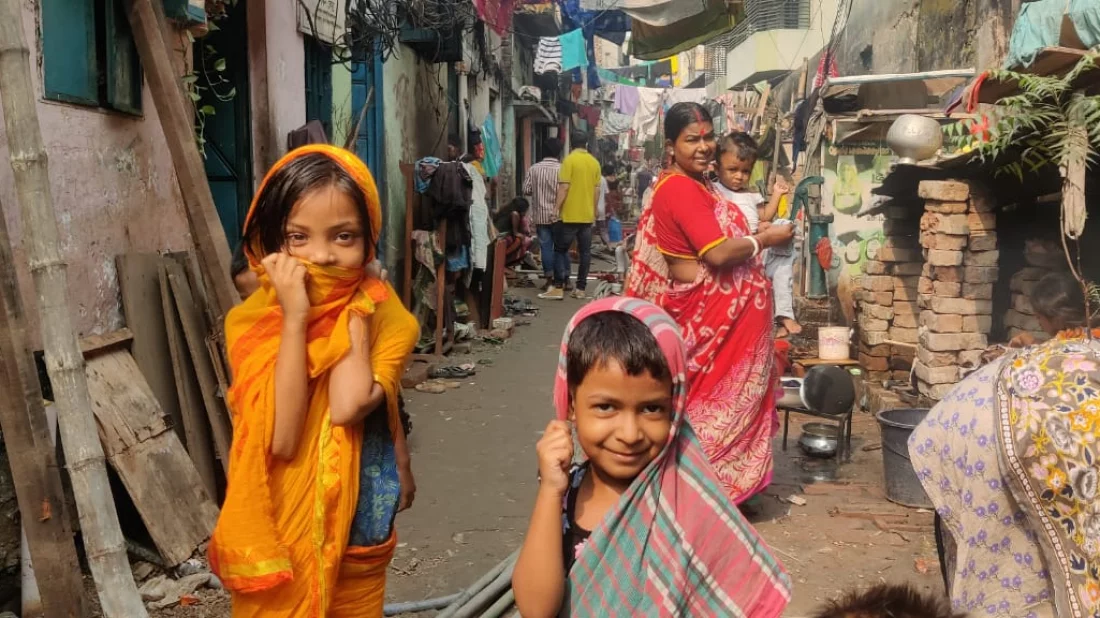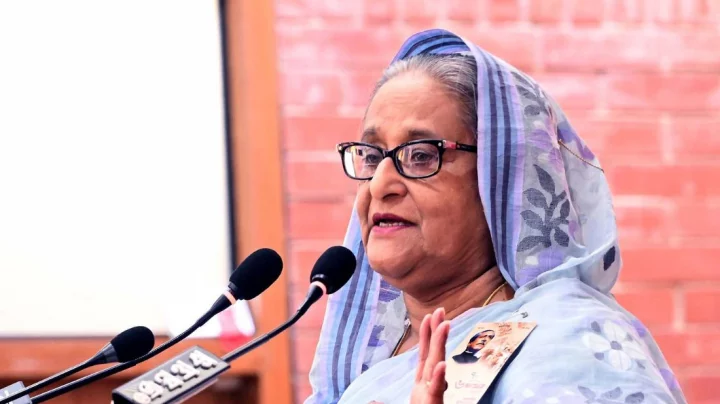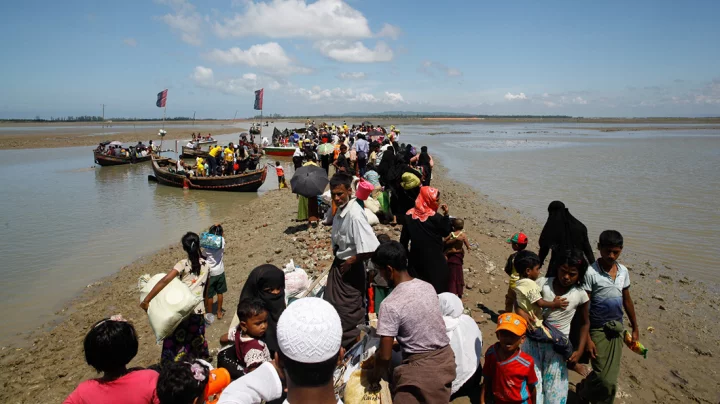
An alarming nine out of 10 children aged 1-14 years face violent discipline each month by caregivers, affecting over 45 million children in Bangladesh, Unicef said on Thursday.
Despite progress in child protection, violence, abuse, and exploitation continue to impact millions, it said.
According to new Unicef data, 400 million children under five globally — or six in 10 children within that age group — regularly endure psychological aggression or physical punishment at home.
Of these children, around 330 million are punished through physical discipline.
The estimates — released on the first-ever International Day of Play — also emphasize the crucial role of play in children’s development and the mental health of children, parents, and caregivers, in response to data that highlights the prevalence of inadequate caregiving, including stimulation and interaction at home.
Unicef, in partnership with the Ministry of Women and Children Affairs and Ministry of Youth and Sports and other ministries, is working to create a violence-free and protected environment for families, communities, and vulnerable populations, including children and adolescents.
Sheldon Yett, Unicef representative to Bangladesh, said every child deserves to grow up in a safe and nurturing environment.
Through their partnerships with the government of Bangladesh and a community-led approach, he said they are making significant strides in protecting over 16 million children and women from violence and harmful practices by investing in strengthening families.
“In 2023 alone, the Ministry of Youth and Sports, through the Sports for Development (S4D) program, has reached 4.5 million parents nationwide. Our goal is to create a society where every child can thrive and reach their full potential,” he added.
The S4D initiative involves parents in discussions on child safety and violence prevention.
Unicef supports these efforts with technical and financial assistance to ensure inclusive sporting activities.
Through these initiatives, Unicef and the government of Bangladesh are leveraging sports to promote child empowerment and prevent violence, ensuring a safer, more inclusive environment for all children.
Additionally, Unicef has established 2,170 Child Protection Community Hubs (CPCHs) in 43 districts, preventing over 1,000 child marriages in 2023.
These hubs serve as safe spaces for children and families, providing essential protection services, recreational activities, and psychosocial support.
The CPCHs have educated over 6 million community members on preventing violence against children and women and supported key actions like birth registrations and school re-enrollment.
On the first-ever International Day of Play, Unicef calls on the government of Bangladesh, civil society, donors, the private sector, and other stakeholders to urgently fulfil the right to play, as per article 31 of the Convention of the Rights of the Child, to guarantee every child’s development and wellbeing.
As a key milestone for this to happen, it is paramount to increase the number of social workers who are the backbone of a functional child protection system.










